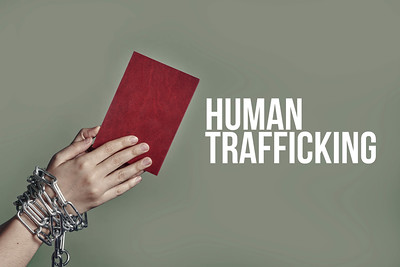Jubilee Campaign has for years focused on a few major areas of concern: religious liberty, human trafficking, and women’s and children’s rights. For the purpose of this article, we will be focusing on a few countries in which these areas intersect, or in which religious persecution and human trafficking are present.
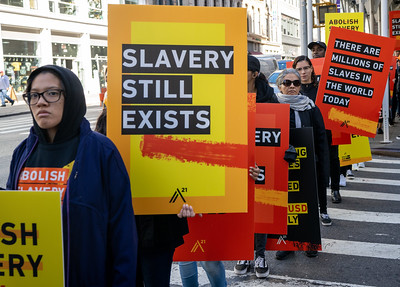
This Thursday, 30 June 2021, the United States Department of State released the new 2021 Trafficking in Persons Report (TIP Report) which, in addition to providing brief yet comprehensive country profiles for each nation with regards to their trafficking mitigation progress and setbacks, also discusses issues such as trafficking within and among families, the compounded vulnerabilities of children and LGBTQ+ individuals to trafficking, and even includes a section specific to forced labor in the Xinjiang region of China.
The report’s Xinjiang section, titled When the Government is the Trafficker, the State Department highlights the Chinese government as one of the prime examples of a situation in which the regime itself, and its authorities, are the perpetrator. While, typically, the State Department engages with national governments to develop proper trafficking response and elimination mechanisms, China is a unique case in that engaging with high-level officials would have little to no effect whatsoever. As is familiar with all of us, the Chinese government has surveilled, arbitrarily detained, and imprisoned upwards of one million Uyghur and Turkic Muslim minorities in the province of Xinjiang. From there, prisoners – who have committed no crime whatsoever other than hailing from a minority ethnicity and religion – are drugged, physically tortured, sexually violated, and shuffled into nearby or distant factories where they are forced to work endless hours doing menial labor. A large percentage of the world’s cotton products, solar panels, and digital technology can be traced back to Xinjiang factories where Uyghur and Turkic Muslims are forced to work against their will.
Unlike most of its predecessors (with the exception of last year’s 2020 Trafficking in Persons Report), the 2021 report highlights the tremendous effects of the COVID-19 pandemic on human trafficking. More specifically, the pandemic and its related lockdowns and stay-at-home orders in numerous countries have directly caused an increase in gender-based violence, prostitution, sexual exploitation, online exploitation (due to increased internet activity); moreover, planned trafficking interventions and mechanisms were interrupted as travel restrictions remained at large. To summarize the effect of COVID-19 on human trafficking globally, “in the resulting absence of adequate anti-trafficking responses around the world, victims went unidentified, survivors were underserved, and traffickers were not held accountable.”
The 2021 TIP Report identifies 17 countries as having the worst records with regards to human trafficking: Afghanistan, Algeria, Burma, China, Comoros, Cuba, Eritrea, Iran, North Korea, Malaysia, Nicaragua, Russia, South Sudan, Syria, Turkmenistan, and Venezuela. Interestingly, of these 17 worst exhibitors of human trafficking, 8 are identified in the United States Commission on International Religious Freedom’s (USCIRF) annual report as Countries of Particular Concern for routinely egregiously violating religious freedom (Burma, China, Eritrea, Iran, North Korea, Russia, Syria, Turkmenistan). 7 others highlighted in the TIP Report (Afghanistan, Algeria, Cuba, Malaysia, Nicaragua) are also designated by USCIRF on the Special Watch List for their worsening religious freedom trends. This just goes to show that most countries in which religious persecution runs rampant also exhibit broader human rights violations.
Jubilee Campaign has for years focused on a few major areas of concern: religious liberty, human trafficking, and women’s and children’s rights. For the purpose of this article, we will be focusing on a few countries in which these areas intersect, or in which religious persecution and human trafficking are present: Burma, China, Eritrea, North Korea, Saudi Arabia, and Nigeria.
Burma
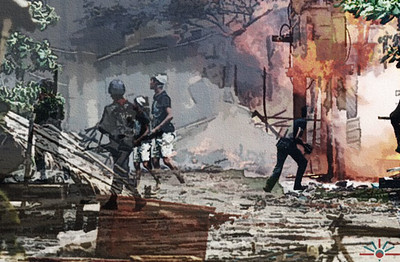
In Burma (Myanmar), the military Tatmadaw has repeatedly relied on child labor and has even enlisted child soldiers in the conflicts it is waging in various regions in the nation, including Rakhine and Kachin states. COVID-19 has only exacerbated the situation; whereas the Burmese government has in recent years taken measures to demobilize child soldiers, specific battalions have been able to get away with child recruitment while the nation diverts myriad resources from trafficking prevention and punishment and to pandemic response. A secondary issue, moreover, is that the Tatmadaw’s incursions in theses states have forced thousands of ethnic minorities to flee their homes, thus making them more vulnerable to human trafficking. The Tatmadaw, simultaneously, boasts a severely stained human rights record; in 2017, the military embarked on a genocidal campaign against the nation’s predominantly Muslim Rohingya minority group, killing, raping, and massively displacing members of the group. Now, following the February 2021 coup in which the Tatmadaw overthrew the ruling political party and took control over the entire nation, soldiers have engaged in major human rights violations and extrajudicial killings against peaceful protesters and ordinary citizens. The nation’s Rohingya community – with bleak memories of the 2017 genocidal onslaught – have legitimate reason to fear that they may be the next to incur the wrath of the Tatmadaw.
China
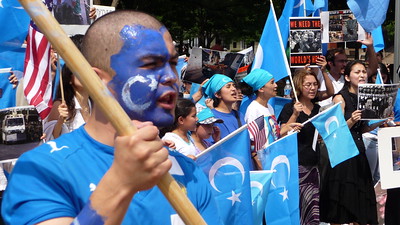
The level of human trafficking in China has increasingly been exposed over the past year and a half, and it is impossible to ignore the ever-tangled relationship between trafficking and religious persecution taking place in the Xinjiang Uyghur Autonomous Region. Since 2017, the Chinese Communist Party has planned and executed a campaign to surveil, predictively police, arbitrarily detain, and imprison upwards of one million Uyghur Muslims and other ethno-religious minority Muslim groups in vast concentration camp systems. Recent reports, however, have begun to scratch the surface of the Chinese government’s forcible transfer of Uyghur and other Turkic prisoners to other regions throughout China to engage in coercive labor. These publications [i.e., Coercive Labor and Forced Displacement in Xinjiang’s Cross-Regional Labor Transfer Program: A Process-Oriented Evaluation, by Adrian Zenz ; Uyghurs for sale: ‘Re-education’, forced labour and surveillance beyond Xinjiang, by Australian Strategic Policy Institute; and Connecting the Dots in Xinjiang: Forced Labor, Forced Assimilation, and Western Supply Chains, by the Center for Strategic & International Studies] have led the United States government to take concrete actions against trafficking in China, such as by banning Xinjiang textile and solar panel products tainted by Uyghur forced labor and establishing the Xinjiang Supply Chain Business Advisory. But the entanglement of trafficking and religious persecution in China doesn’t end there; the 2021 TIP report further highlights that “the government also reportedly placed ethnic Tibetans [predominantly Buddhist] in vocational training and manufacturing jobs as part of an ostensible ‘poverty alleviation’ and ‘labor transfer program’ that featured overt coercive elements.”
Eritrea
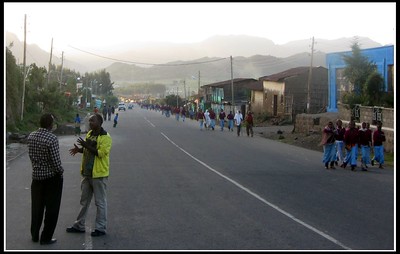
The national conscription scheme in Eritrea has been condemned by international human rights activists and organizations for decades. For Eritrean citizens, reaching the age of 18 is hardly celebratory; this coming of age is accompanied by conscription into either the Eritrean military or forced labor for seemingly indefinite periods of time. Simultaneously, as the TIP report elucidates, trafficking in Eritrea is inherently tied to religious freedom conditions: “perennially, thousands of Eritreans who flee the country are smuggled migrants seeking to be reunited with family members already overseas; are those who sought to escape human rights abuses, including arbitrary arrest and detention, lack of due process, and religious persecution; were in search of better economic opportunities, or hoped to avoid the often indefinite period of service in the government’s mandatory National Service.” Moreover, it is important to note that the Eritrean military – which is already largely composed of Eritrean men and boys who were trafficked into service – have engaged in religious freedom violations in the Tigray region of Ethiopia. Ever since Eritrean forces involved themselves in the Ethiopian military’s offensive against the Tigray People’s Liberation Front, they have been perpetrators of mass crimes against humanity against Tigrayan civilians, Christian and Muslim alike. In late November 2020, Eritrean troops massacred hundreds of citizens – primarily men and boys – in the historically sacred city of Aksum, home to thousands of Eritrean Orthodox Christians. Witnesses and survivors recount memories of bodies littering the street, Eritrean soldiers opening doors to homes and shooting everyone inside, and mass displacement as a result of the violence. In May 2021, a group of church deacons compiled a list of 14 churches, 4 monasteries, and mosques that have been damaged from shelling and looting by Ethiopian and Eritrean forces. Eritrean Orthodox Christian Patriarch Mathias highlighted the “rape of women, including nuns, and the bombing of churches in the region […] at the hands of troops from neighbouring Eritrea.”
North Korea
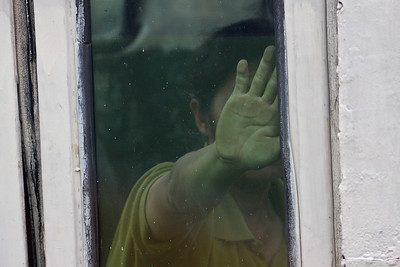
The North Korean government boasts a horrendous pattern of using forced labor and detention in labor camps as a form of political repression and punishment for citizens who defy the government; in fact, the TIP Report estimates that there are between 80,000 to 120,000 prisoners in camps throughout the nation, where “all prisoners, including children, are subject to forced labor, including in logging, mining, manufacturing, or farming for long hours under harsh conditions.” Some of these prisoners include Christians and shamanism practitioners; their ‘crimes’ inlcude simply practicing their faith, possessing religious materials or literature, meeting with other religious followers, as well as praying or attending worship services. Korea Future Initiative, in its report Persecuting Faith, reveals that 5 North Korean labor camps were identified as holding Christian prisoners and engaging in human rights violations against them. One Christian reported that before participating in forced labor for hours on end out in the prison camps’ farms, prisoners are fed meager ‘soups’. “Investigators documented incidents of forced labour that were perpetrated against persons experiencing criminal charges based on their religious adherence”; prisoners were forced to remove weeds, harvest crops, and more while surrounded by barbed wire fences and chained with handcuffs.
Thanks to your support – the voices of North Korean women survivors of human trafficking in China have been lifted at the United Nations. Jubilee Campaign as part of the North Korea Freedom Coalition held a civil society event in conjunction with the Commission on the Status of Women. You can hear from the North Korean women survivors here. Jubilee Campaign also delivered an oral statement raising the situation of the North Korean women during the Human Rights Council session. Numerous reports have also been submitted – ensuring that China is held accountable, most recently in June.
Saudia Arabia
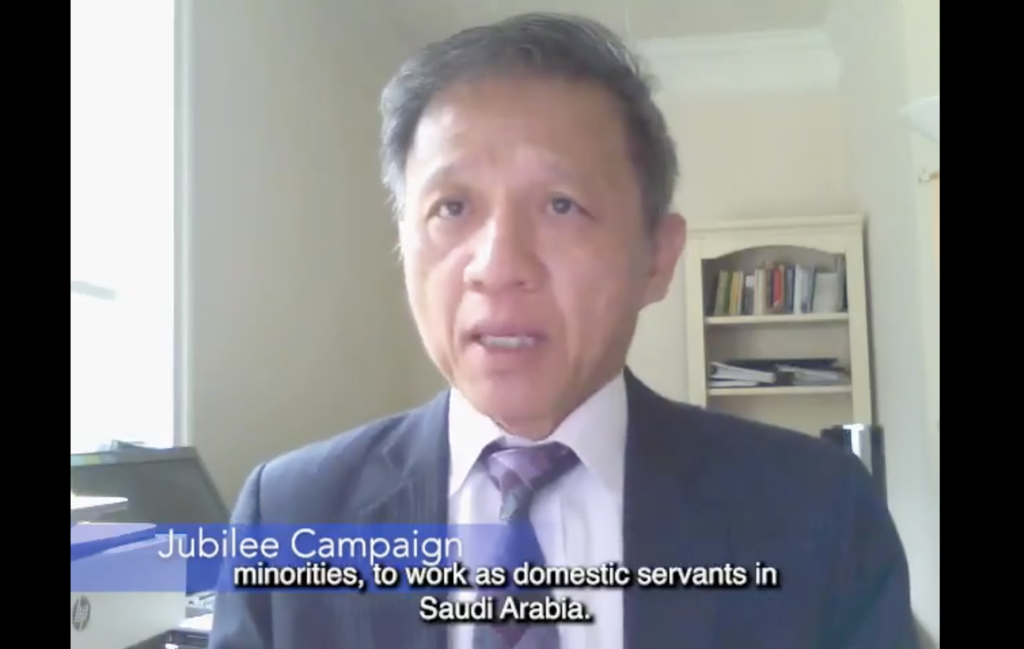
Saudi Arabia is infamous for its religious freedom violations. A telling case is that of Raif Badawi, who called the Saudi authorities out for their persecution of non-Muslims and questioned why there were no churches in Saudi Arabia. Authorities arrested Raif Badawi for his stand for religious freedom and have detained him for over nine years. During the #IRFSummit the wife of Raif Badawi, Ensaf Haidar, shared her husband’s story.
In addition to its religious freedom violations – Saudi Arabia tolerates the exploitation and trafficking of domestic workers. Recruitment companies in third countries entice women and men with lucrative job opportunities in Saudi Arabia only to exploit them when they arrive.In June, Partnering with BPSOS, we could raise the plight of some thirty Vietnamese women during the UN Human Rights Council Session who were trafficked to Saudi Arabia from Vietnam. One woman’s “employer” had not paid her in three years. The Vietnamese women are currently stuck in a shelter in Saudi Arabia.
The exploitation of domestic workers in Saudi Arabia is not an anomaly and exists in several rich Gulf states and is one of the reasons several organisations have called for the boycott of the upcoming football/soccer World Cup in Qatar under the hashtag: #BoycottQatar2022.
Nigeria
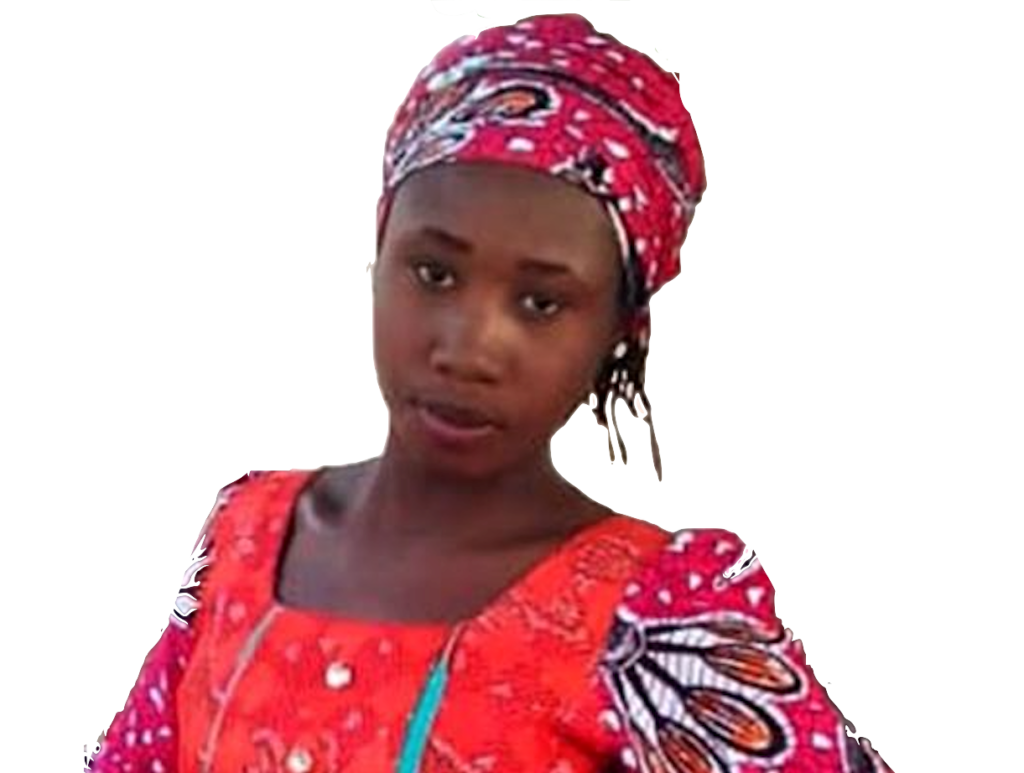
Nigeria remains a country of particular concern for its religious freedom violations [as noted by USCIRF and the State Department] but also for the impunity enjoyed by those involved in trafficking the trafficking of women and girls. The TIP report writes: “The government’s capacity to respond to trafficking cases in northeast Nigeria continued to be limited as Boko Haram, Islamic State West Africa (ISIS-WA), and other terrorist groups killed hundreds of Nigerian soldiers, took additional territory, and displaced tens of thousands of inhabitants, limiting access to remote areas of Borno State.”
A campaign was recently launched calling for the release of slaves in Nigeria. More than 2000 people have been abducted or kidnapped in Nigeria – many held captive by Boko Haram as sex slaves. Leah Sharibu [pictured] is among them. Boko Haram abducted her from her school when she was 16 years old and did not release Leah Sharibu because she refused to convert to Islam and held fast to her Christian faith despite the threats made against her.
Cover image by Marco Verch Professional Photographer on Flickr (CC BY-2.0)

